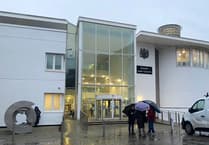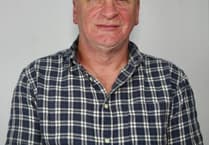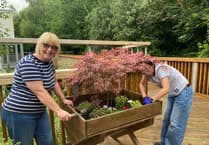PROVIDING homes for local families in need will be one of the priorities when it comes to spending £20million in government cash in Torquay.
Members of the influential Torquay Place Leadership Board agreed to make affordable housing one of its key aims after hearing the resort’s MP describe it as a ‘wicked issue’.
The board, which met at Torquay Town Hall, has received more than 50 projects from the community after asking for input to a ‘wish list’ on how to spend the money from the nationwide Plan For Neighbourhoods fund.
The Torquay money will be spent over a 10-year period, and none of the projects has been chosen yet.
Torquay is the only town in the south west to qualify for the money, due largely to its deprivation, crime rates, economic inactivity and low-income jobs among other factors.
Projects in the mix so far include a contribution towards Torbay Council’s own £84million redevelopment of the Union Square shopping centre, and £80,000 to upgrade CCTV in the town centre.
Other proposals from other bodies include better step-free access to Torquay railway station; a community hub for Ellacombe, an accessible toilet on the harbourside and an Agatha Christie heritage trail.
Members of the board heard that public consultation had identified a ‘Big Three’ issues for local people – physically improving the town centre; reducing crime and improving neighbourhoods outside the town centre.
Torbay Liberal Democrat councillor Cordelia Law told the board: “I question how physically improving our town centre addresses deprivation. Some people in Barton, Hele and Watcombe can’t even afford to get into the town centre, let alone spend any money there.”
Improved work and skills provision was also added to the list, and the bay’s Lib Dem MP Steve Darling urged the addition of affordable housing.
“We are the worst place in the south west for affordable housing,” he said, stressing that the fund should be used for the ‘wicked issues’ and not just for cosmetic improvements.
“I am really disturbed that affordable housing has not been explicitly named among the key aims. We are not giving a nod towards it, which is morally wrong.”
Members agreed to include the issue among the aims as the project moves to its next phase, working with local communities to prepare business cases for projects which could get the green light before the end of the year.
They also decided against working in individual local communities in turn to avoid any tension from those that might feel left out.





Comments
This article has no comments yet. Be the first to leave a comment.